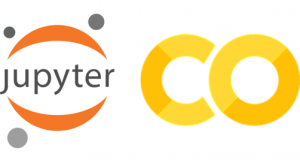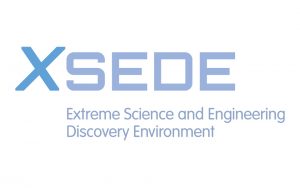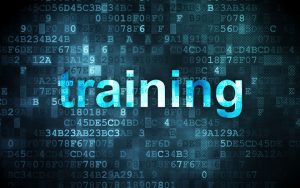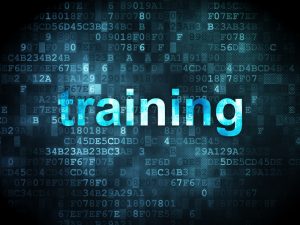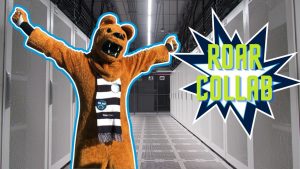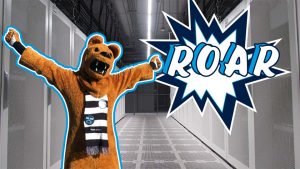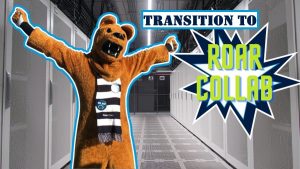ICDS Training: Data Management Best Practices
Date: Tuesday, April 23–Tuesday, April 23
Time: 10:00 a.m.–12:00 p.m.
Location: Online
In this two-hour workshop, participants will delve into the realm of Data Management Best Practices, tailored specifically for researchers engaging with distributed and high-scale computing and storage environments. Hosted by the Institute for Computational and Data Sciences (ICDS), this session aims to empower researchers with the knowledge and strategies necessary to efficiently handle, manage, and interact with data in their projects. This session is ideal for researchers, data scientists, graduate students, and any individuals involved in research projects that require managing, analyzing, and archiving large volumes of data. Prior experience with data management or distributed computing is helpful but not required.
Learning Objectives:
After attending this workshop, learners should:
- Understand all available storage pools at ICDS, their use cases, and limitations of each
- Identify and avoid common file storage pitfalls such as data loss, incompatible file names, and overloaded directory structures
- Employ data best practices (F.A.I.R.) in their own research
- Select the correct transfer mechanism for their data set
Identify when a restricted storage environment may be necessary and who to contact for more information
Register or Learn More

